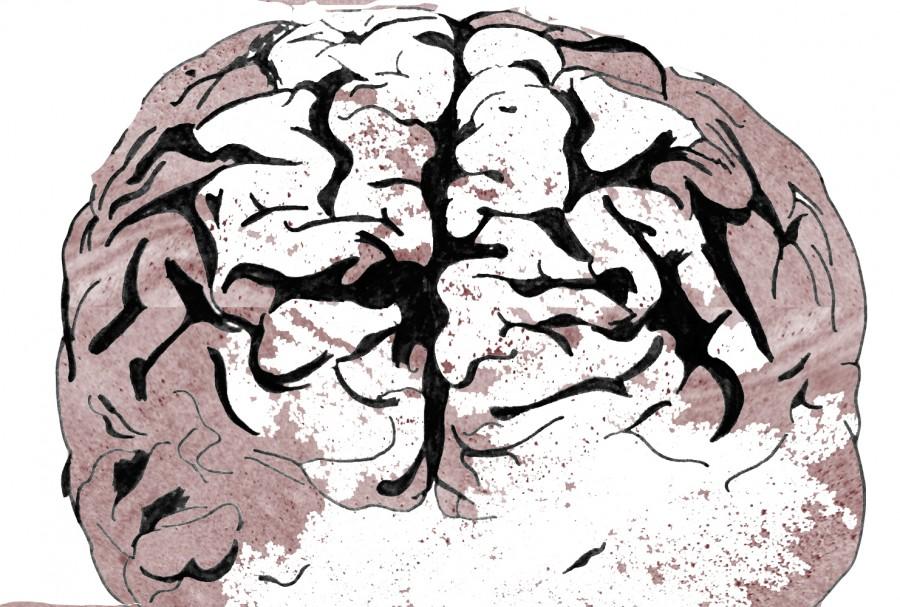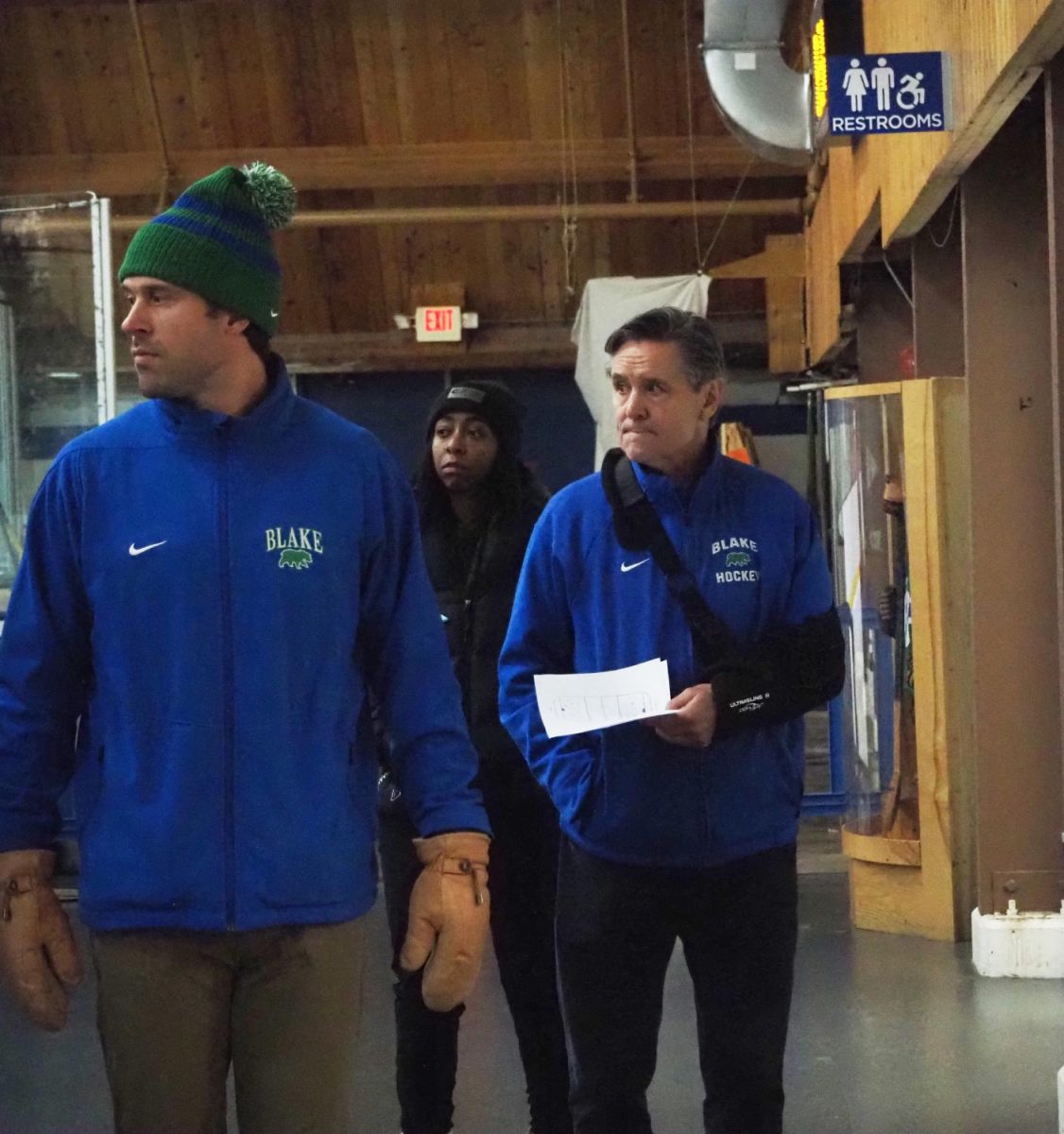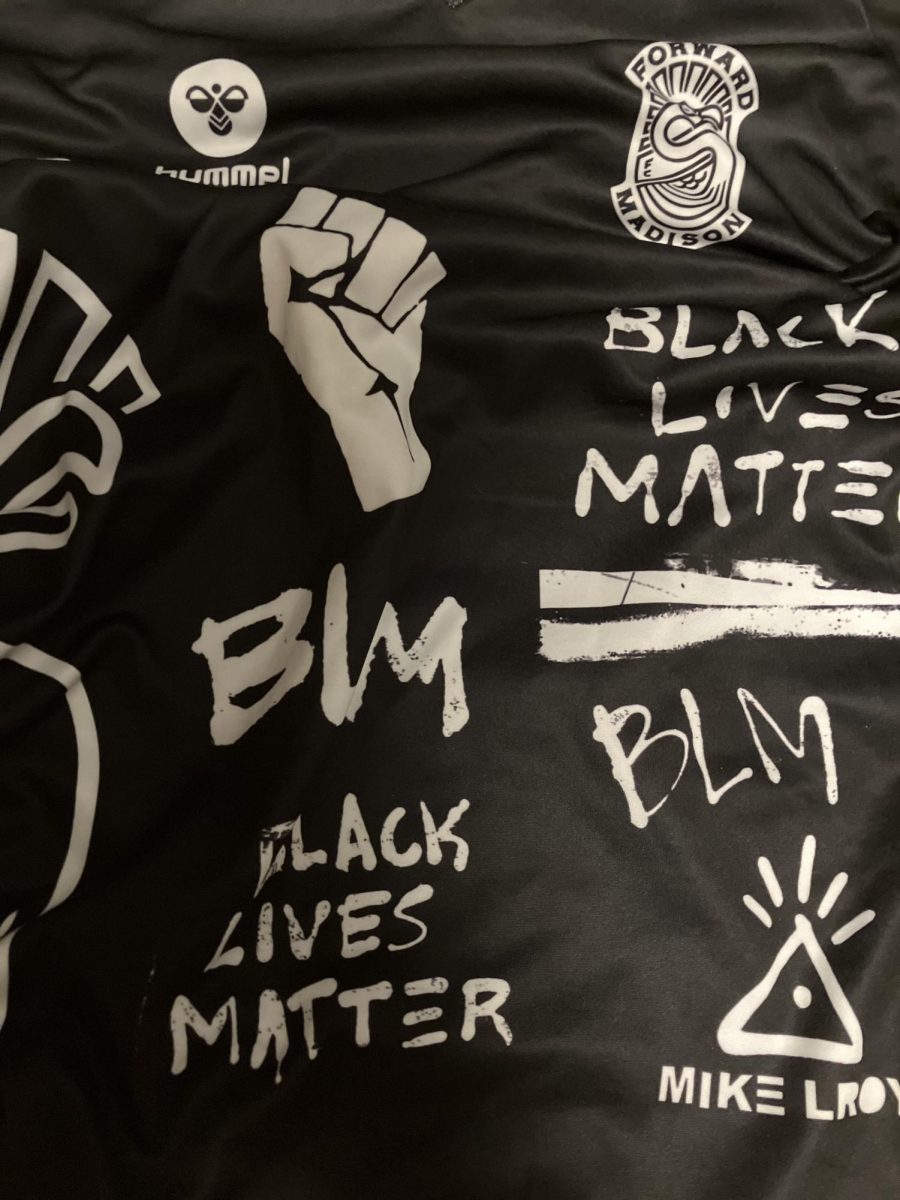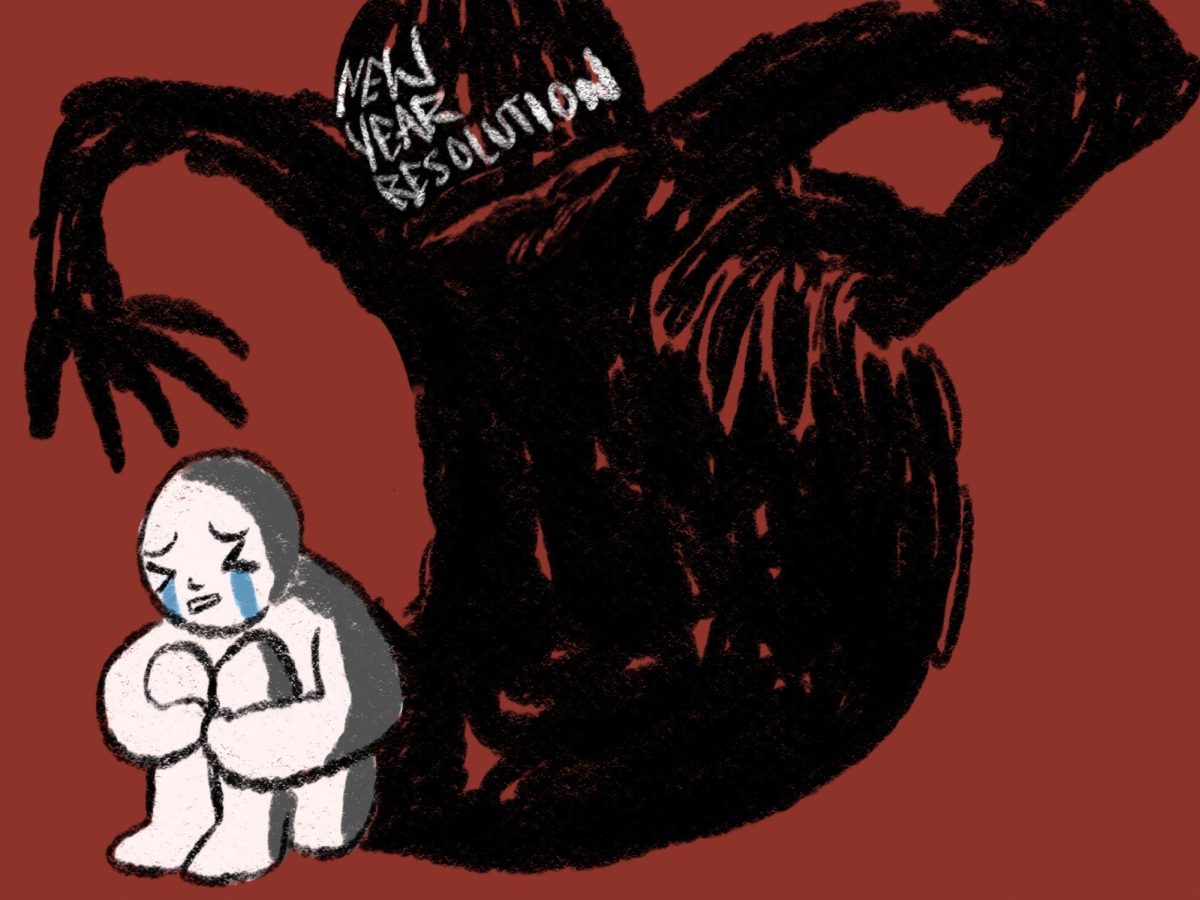You wake up in the morning after getting five hours of sleep and you meet your reflection in the mirror. Skin breakouts appear from lack of sleep, and the argument with your parents is fresh on your mind.
Whether you are a lifer or a new student at Blake, everyone goes through these phases as a High School student. Compounding both these physical and emotional stresses can be overwhelming for many teenagers.
According to National Alliance on Mental Illness, four million children and adolescents in the U.S. suffer from a serious mental disorder that causes significant functional impairments at home, school and with peers.
Joe Ruggiero, Director of the Upper School, attributes these statistics to “the pressure and stress placed on individuals as they get older such as grades, college, and figuring out who you are.”
Jen Vance, Dean of the Class of 2019, says the “pressure on groups of students and feeling like they have to live up to certain standards can contribute to mental illnesses.” Although these pressures are different for everyone, there is a common feeling of stress between most students.
Research has proven that stress can dispose teenagers’ brain to mental illness. Akira Sawa, the director of the Schizophrenia Center at Johns Hopkins Medical Center, showed that mice diagnosed with mental illnesses release a stress hormone called cortisol. According to Everyday Health, cortisol affects levels of dopamine, and changes in dopamine levels are seen in various mental disorders including anxiety and depression.
Most importantly, a teenagers’ brain may be more sensitive to cortisol and may feel cortisol effects more quickly because the prefrontal cortex in the brain is less developed in adolescents, which is a part of the brain that’s responsible for shutting down the stress response. Consequently, adolescents can experience stress for longer periods of time.
Professionals claim stress as the basis of many mental disorders, and Amy Juang ’16 and Nick Crosby ’18 agrees. Crosby and Juang talked about their stressors in the community at the school. Juang says “Being at a school like Blake, I feel like everyone’s smart, especially in some of my harder classes. Sometimes I just need to get over self-doubt and the intimidation.”
Crosby says preparing for the future stresses him out the most. Crosby says, “It’s not the grades that have the impact on how successful my life would be, but it could really influence the path that I’ll take through life.” A majority of the stress at the school is amounted to the weight that we place on the decisions that we make everyday. We are told that these decisions will affect us for the rest of our lives.
In the past few years, many teachers and clubs like Challenge Success worked hard to create homework free weekends and provide chocolate milk during lunch to alleviate the stress and anxiety that High school generates. In addition, the athletic program at Blake has helped student athletes utilize sports as an outlet for decreasing stress.
Nevertheless, many teachers and students say that there’s more work to be done because they see students are too stressed out. Teachers and students talked about how the policies aren’t always a cure for particular issues. Caroline O’Connell ’16 says “I think Blake does a good job of trying, but not all teachers are on board.”
Ultimately, systemic issues are making it harder to get rid of the pressure for grades and college. These types of pressure are more ingrained as part of our culture, so the chocolate milk and homework free weekend aren’t doing much to the lessen actual stress. Instead, they’re just icing on the cake. The culture at our school is a factor in these ingrained stresses. We, as a community, but a great deal of importance on academic “success.” These pressures amount to a general culture of stress.
Ruggiero says, “Part of [this stress] is what Blake controls, but also it is more societal. Blake teachers would love to find the alternative that will limit the pressure,” Ruggiero says. “But at the same time, we have to acknowledge that pressures aren’t going to go away.”
Teenagers are hesitant about prioritizing wellness because we think it’s betraying our ambitions, so we remind ourselves that High School is a time of agony for anyone. As Audre Lorde once said “Caring for myself is not self-indulgence, it is self-preservation that is an act of political warfare,” self-care is love in action. At the school, often saying “no” to high-stress situations is a source of guilt.











